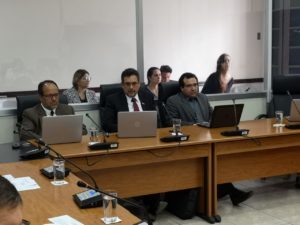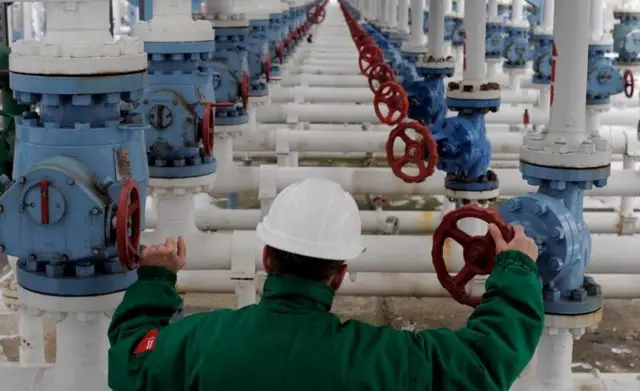The Costa Rican Petroleum Refinery (Recope) does not forget about natural gas as an energy proposal in the future and points to the continuity of studies that determine the feasibility of being a direct substitute for fossil fuels. This was confirmed by Alejandro Muñoz Villalobos, head of the refinery, during an appearance before the members of the Environment Committee of the Legislative Assembly. The plan is that it works as a ‘transitory option’ to change towards clean energies.

Natural gas is a hydrocarbon product of a mixture of light gases mainly composed of methane, alkanes and some other chemical compounds. Its extraction is done through oil or coal deposits that are underground. Currently, it is the 3rd most used energy source in the world behind oil and coal.
Last July, in an interview Muñoz explained that Carlos Alvarado -president of the Republic- would modify the current Hydrocarbons Law to “completely eliminate” any possibility that allows the exploitation of oil or natural gas.
“We are not proposing a development in this administration, at least we left raised studies that allow visualizing this alternative as a transitory option while a definitive change of clean energies can be given”, explained the high-rank officer, when presenting a presentation about the projects that it intends the refiner as the key axis in the de-carbonization route procured by the Alvarado administration (2018-2022).
Today, there are 3 executive decrees -decided between 2011 and 2016- with which a moratorium was placed on exploration and exploitation of oil. Last March, the Constitutional Chamber rejected an action against those orders and maintained the moratorium in effect until September 15th, 2021. Those same decrees preclude any action involving natural gas, a hydrocarbon that, in addition, is indicated by its possible polluting effects on the environment.
Muñoz said that natural gas has a lower international cost compared to oil. “Which, makes it an alternative in terms of cost, that is, cheaper for the country. However, the technology to bring it and distribute it is complex”, he added.

The officer was clear in that he is opposed to exploring the presence of the hydrocarbon in the national territory. That is, the interest is focused on continuing the studies “to see the possibility that it is a direct substitute for fossil fuels (gasoline and diesel) and in the industry (instead of the bunker), for example”.
Open to explore
The College of Geologists of Costa Rica, an organization opposed to the moratorium to explore and exploit oil and natural gas, said last June that the chances of finding these sources of energy in the Costa Rican territory are “very real” and were opposed to an eventual total prohibition.
“There are several explorations that have been carried out since the middle of the last century in Costa Rica and in which oil was found, although not in commercial quantities. In the same way, several basins have a high potential for natural gas which, if exploited, would greatly reduce the importation of hydrocarbons from other countries to the benefit of the internal trade balance of our country”, said Giorgio Murillo, the school’s executive director.
Murillo stressed at that time that the opposition is that “the country cannot sit on its riches with a growing and worrying fiscal deficit”. In the Legislative Assembly, there is a bill that aims to completely discard the exploration and exploration of oil and natural gas.

